How to be more productive when you feel tired
Being productive when you haven't had enough sleep can be tricky. Here, we reveal the tips to stay focused
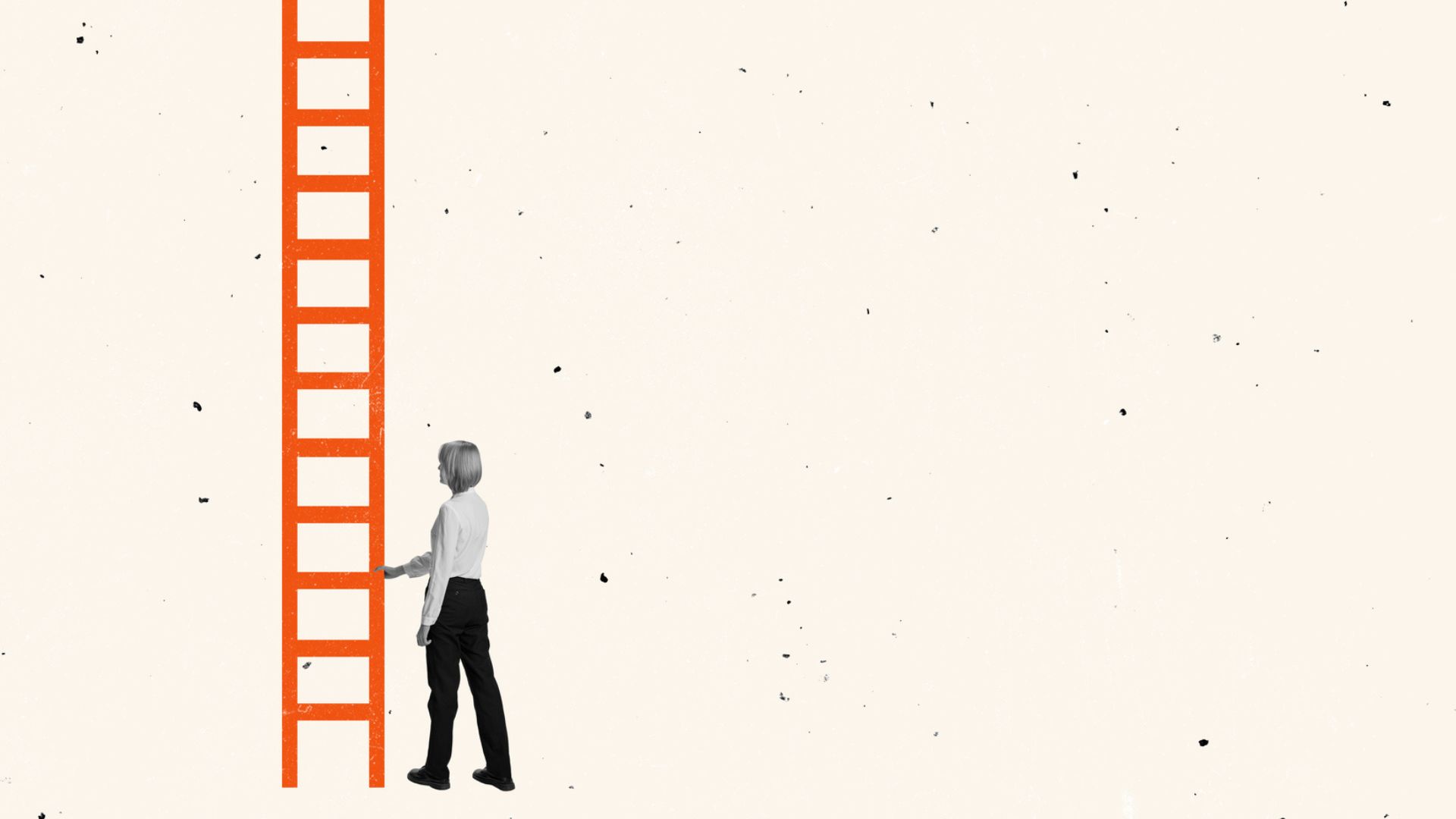

Being productive when you haven't had enough sleep can be tricky. We need sleep to restore all the nutrients in the body needed to concentrate, clear toxins, and recharge our energy levels.
Naturally, the best thing to do when you're feeling tired or have underslept is to relax, put your feet up and catch up on that all-important sleep. Learn how to sleep better to prevent future fatigue. However, as hard as we try, life can sometimes get in the way of good sleep and we've still got to get on with the day.
Here, we reveal the tips to try and stay productive when you're tired - from the foods to prioritise to the daily habits to ward off tiredness in the long term.
How to be more productive when you feel tired
Use the Pomodoro Techique
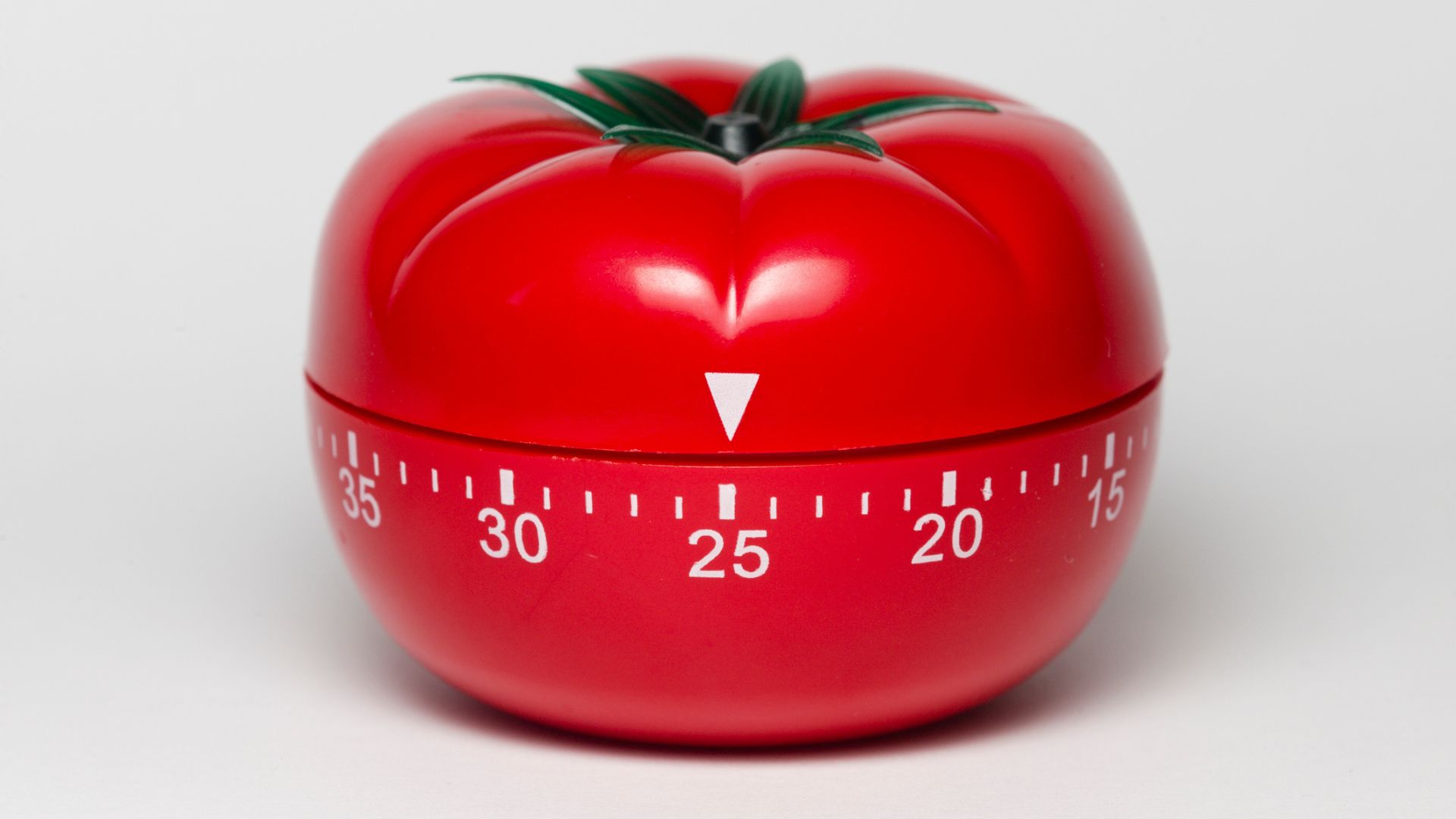
The Pomodoro Technique was created in the 1980s by an Italian student called Francesco Cirillo. It traditionally uses a tomato-shaped timer to count down from 25 minutes, after which you get a five-minute break.
Breaking up work or chores into smaller intervals can help keep up concentration as you're only required to focus for 25 minutes at a time.
Be Focused productivity app, Free at Apple App Store
If you want to try the Pomodoro technique but are struggling to get started, try this top-rated productivity app. It's already set up with a 25-minute timer that you just need to press start on. Alternatively, you can select tasks in the in-built to-do list and the clock immediately gets ticking. It's free to download, but a one-off fee of £4.49 will remove ads and unlock some other features.
Prioritise your most important tasks

By focusing on the most important tasks first, you can complete the highest-priority ones when you're still feeling alert post-coffee or alternative to coffee. It means you still get everything you need to do done, but have time to relax afterwards.
You might choose to prioritise based on the deadline or how important the task is in the bigger picture.
Sign up for the woman&home newsletter
Sign up to our free daily email for the latest royal and entertainment news, interesting opinion, expert advice on styling and beauty trends, and no-nonsense guides to the health and wellness questions you want answered.
Focus on one step at a time
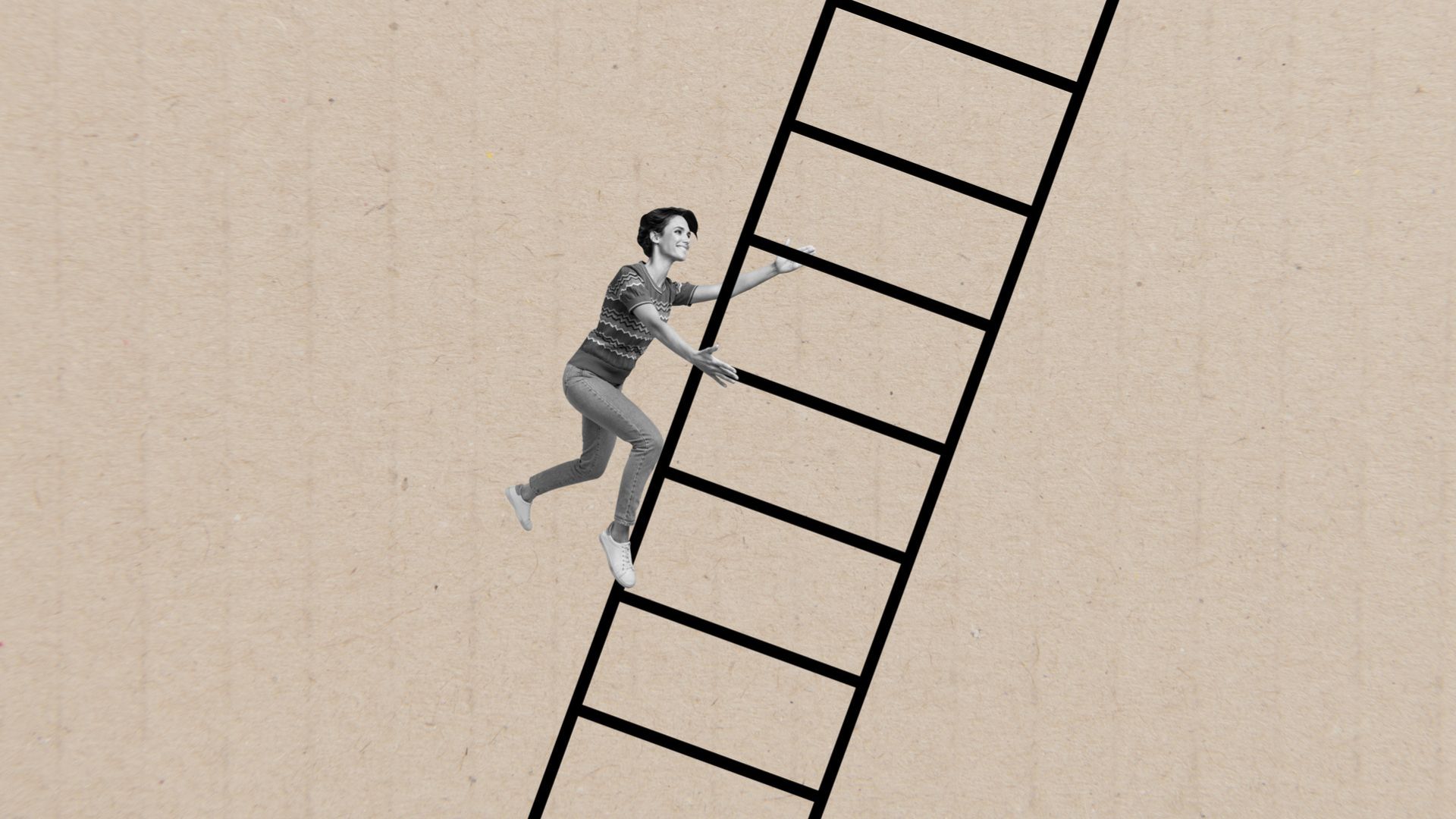
When you're feeling tired or lethargic, it can be exhausting to look at a large task as one job to do. So, instead, break down the large task into smaller, individual steps and try to see them as small and manageable tasks to take on one at a time.
Prioritise the top three tasks and allocate them a time limit. For example, if each step takes approximately an hour, limit yourself to three hours - or three and a half hours - to get them done. That way, your mind stays occupied and you've given yourself a challenge to stay focused.
Change your surroundings

A change of surroundings can keep your mind engaged when you're feeling lethargic, firing up your motivation to be productive.
So, if you're struggling with work or a laptop-based task, why not take it to your local coffee shop? Background noise can also serve as white noise, provided it's not too loud, which can help keep your focus.
Play white noise

White noise, which is made up of every frequency on the acoustic spectrum, has been shown to improve focus and concentration through a process called sound masking. This creates a blanket of sound over other distracting noises so you don't hear them.
It's great for covering distracting or suddenly loud noises, like passings sirens or booming voices in neighbouring conversations.
Make sure you eat enough

Sometimes we think we're tired when we're actually hungry. Staying full - but not too full - is a good idea if you're needing to stay focused when you're tired.
Foods like fruit, nuts, seeds, and dark chocolate can also help keep your blood sugar stable and your energy levels high.
Drink lots of water
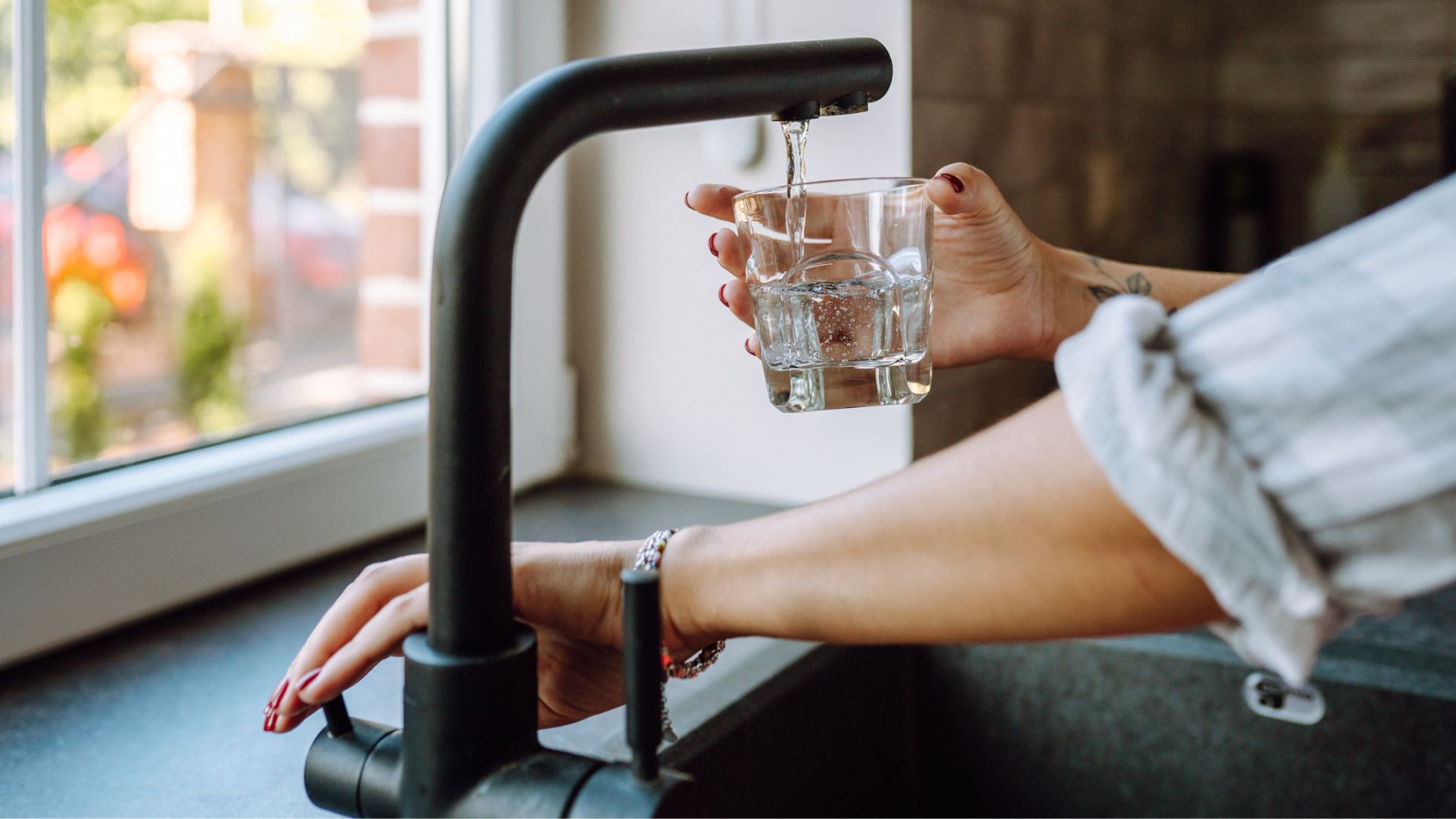
As much as we sometimes feel tired when we're actually hungry, we might feel tired when we're actually thirsty. Not having enough water means the body can't circulate oxygen and nutrients as effectively - and these are essential for producing energy.
If you're dehydrated, you might also experience muscle cramping and lightheadedness, so watch out for those as well.
Use a standing desk
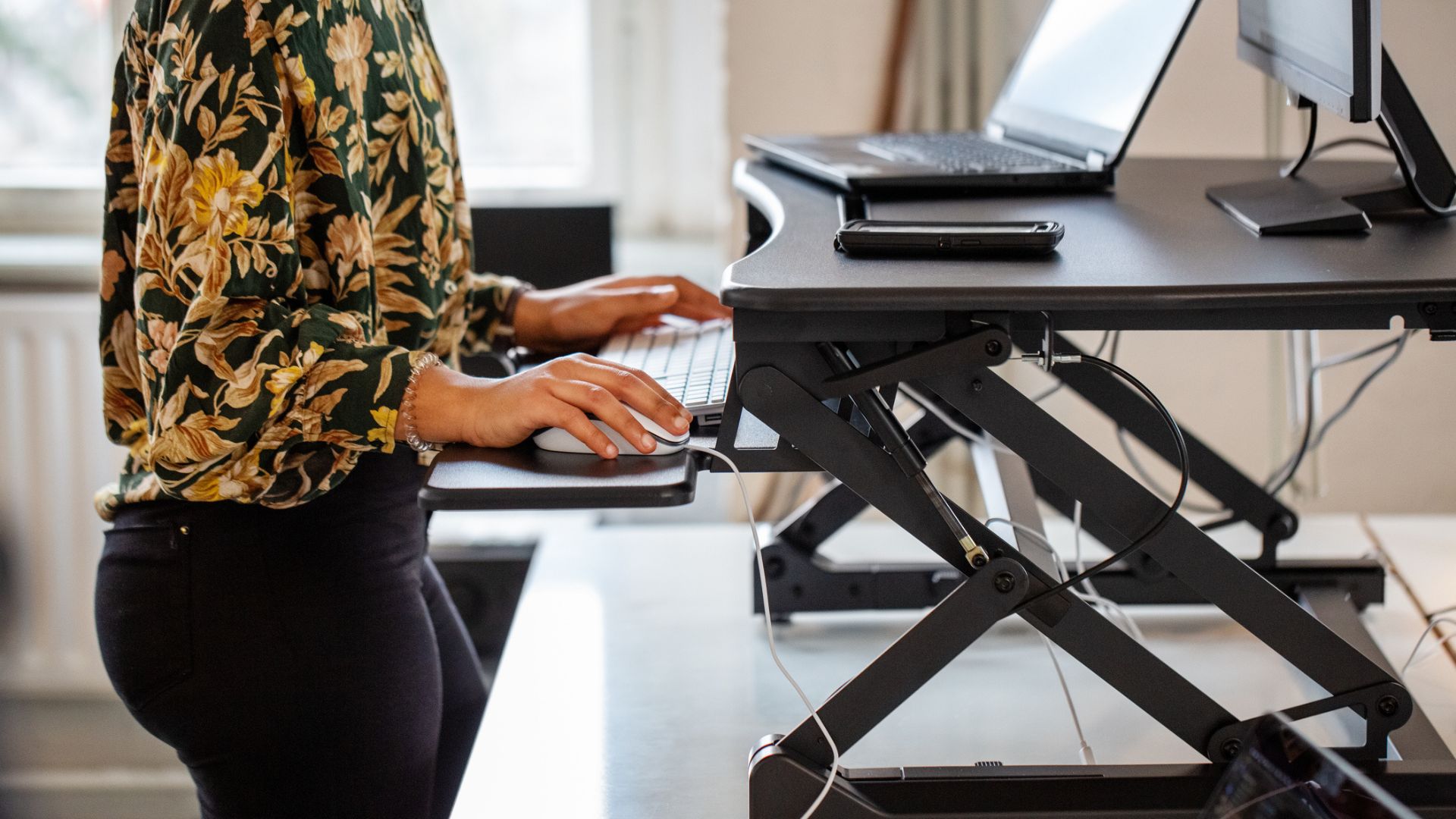
If you're struggling to be productive at work because you're tired, stand up. Not only does this force you to concentrate as you're using more muscles than you do sitting down, but standing up requires you to adjust your posture continuously.
You can also do some light exercise snacks while standing to keep your mind and body engaged.
Take breaks
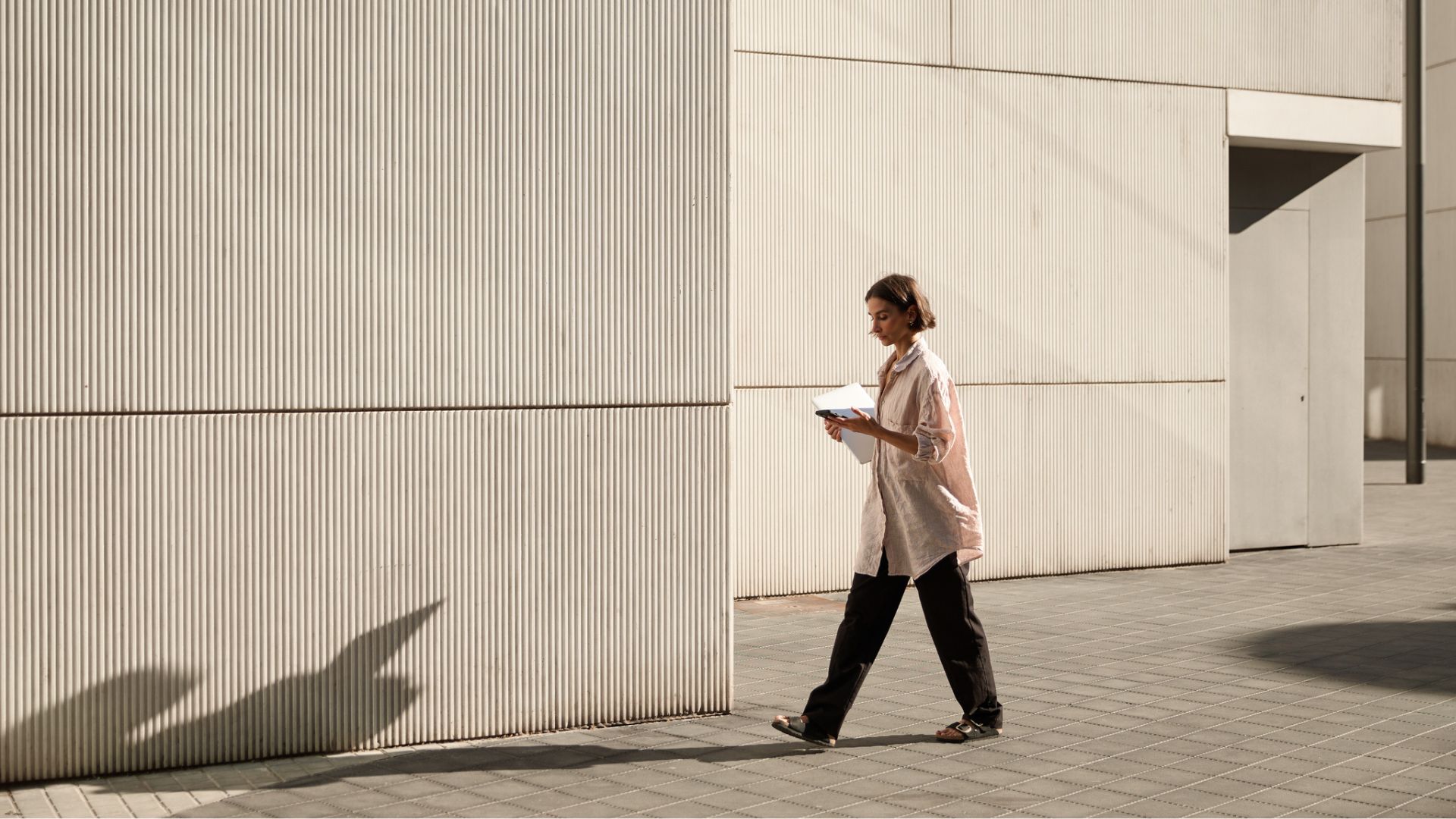
It's well established that taking regular breaks can reset your mind and improve concentration, reducing feelings of tiredness and fatigue.
As well as the Pomodoro Technique, you could try taking a five-minute break every half an hour. This allows you to get plenty done - but you have a time limit and the promise of a break when that time is up.
Try deep breathing

Breathing deeply through your nose and out through your mouth increases the amount of oxygen you can take in and the amount getting to the brain. This can reduce feelings of fatigue and make you feel more alert.
It also stimulates the parasympathetic nervous system, which helps to lower heart rate and encourages the muscles to relax.
Play some music

Standing up, putting some music on, and having a dance around your kitchen or office is a sure way to fire up your brain cells and keep up the motivation.
There's even research to prove it. A study from Brunel University London found listening to music during a workout (i.e. dancing) activates an area of the brain that makes us feel less tired.
Delegate

When we're tired, trying to do everything we'd be doing if we were full of energy is almost impossible. However, if you delegate some of that responsibility, you might find that you get more done.
Take on anything important yourself and try to delegate smaller tasks to someone else on your team if it's work or another member of your family if it's a home responsibility.
Stretch after every yawn
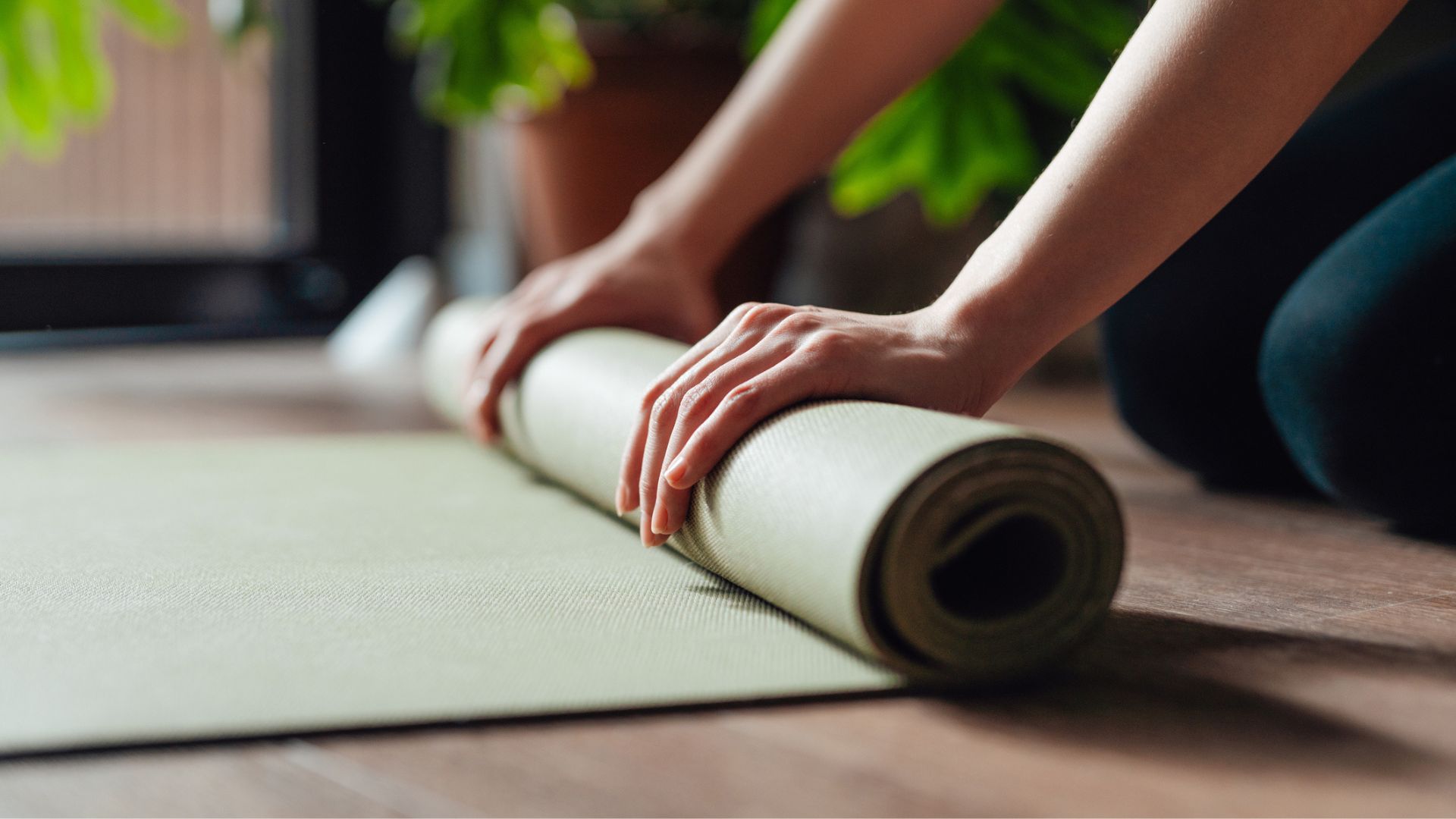
If you find yourself yawning a lot, you're obviously tired - or in need of more oxygen. For every yawn, have a stretch. Not only does stretching require deep breathing, which can also help you feel more awake, but it may help to relieve tension in the body that could be making you feel fatigued.
Getting up and down to stretch will also give you a burst of energy and keep you awake.
Stick to simpler tasks
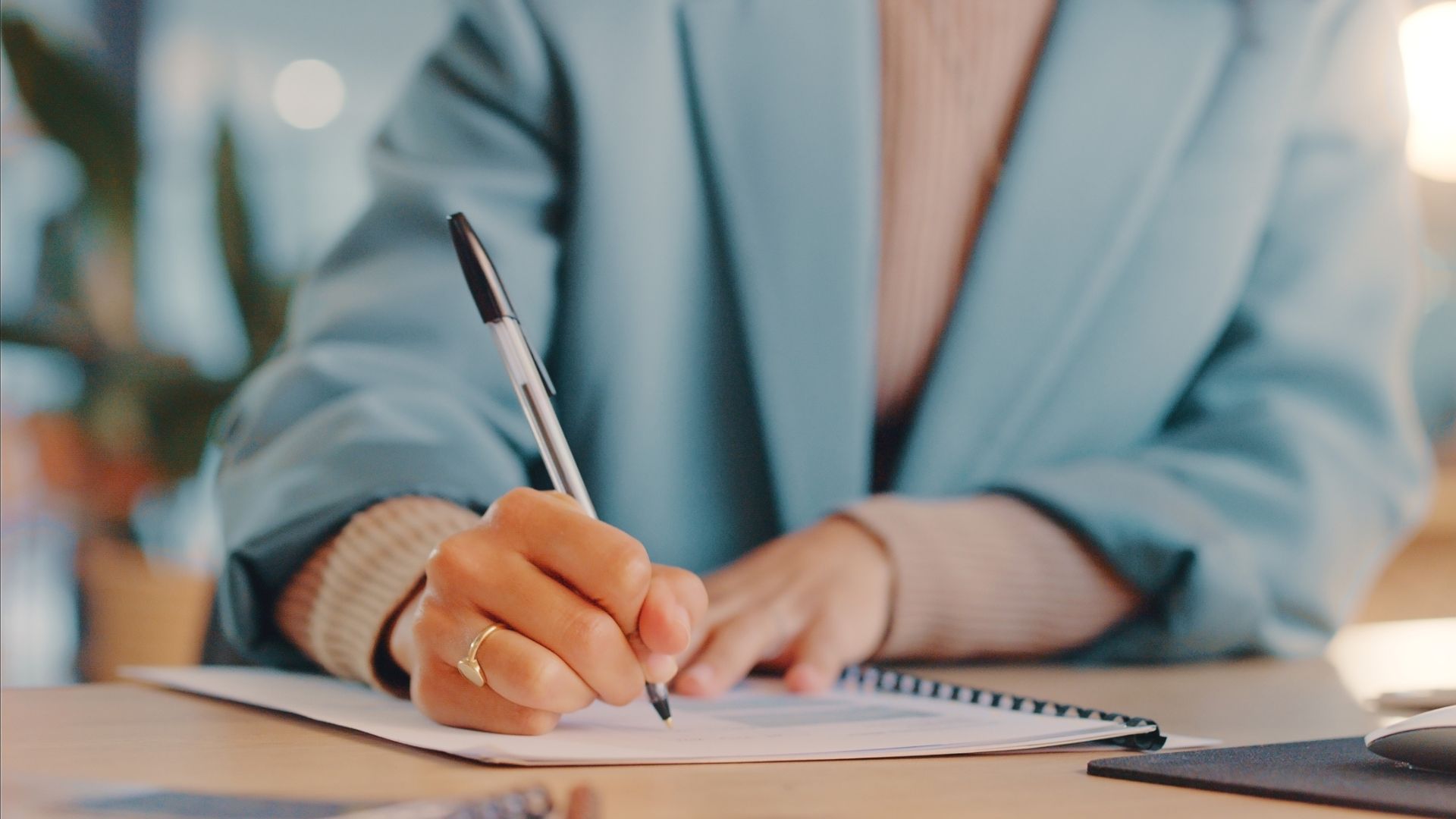
It makes sense to attempt less mentally-stimulating tasks when you're feeling tired. Not only will it be easier on your brain but you're less likely to make a mistake if you've only got simple tasks on your to-do list.
Save the more complex ones for when you have more energy.
Tidy up
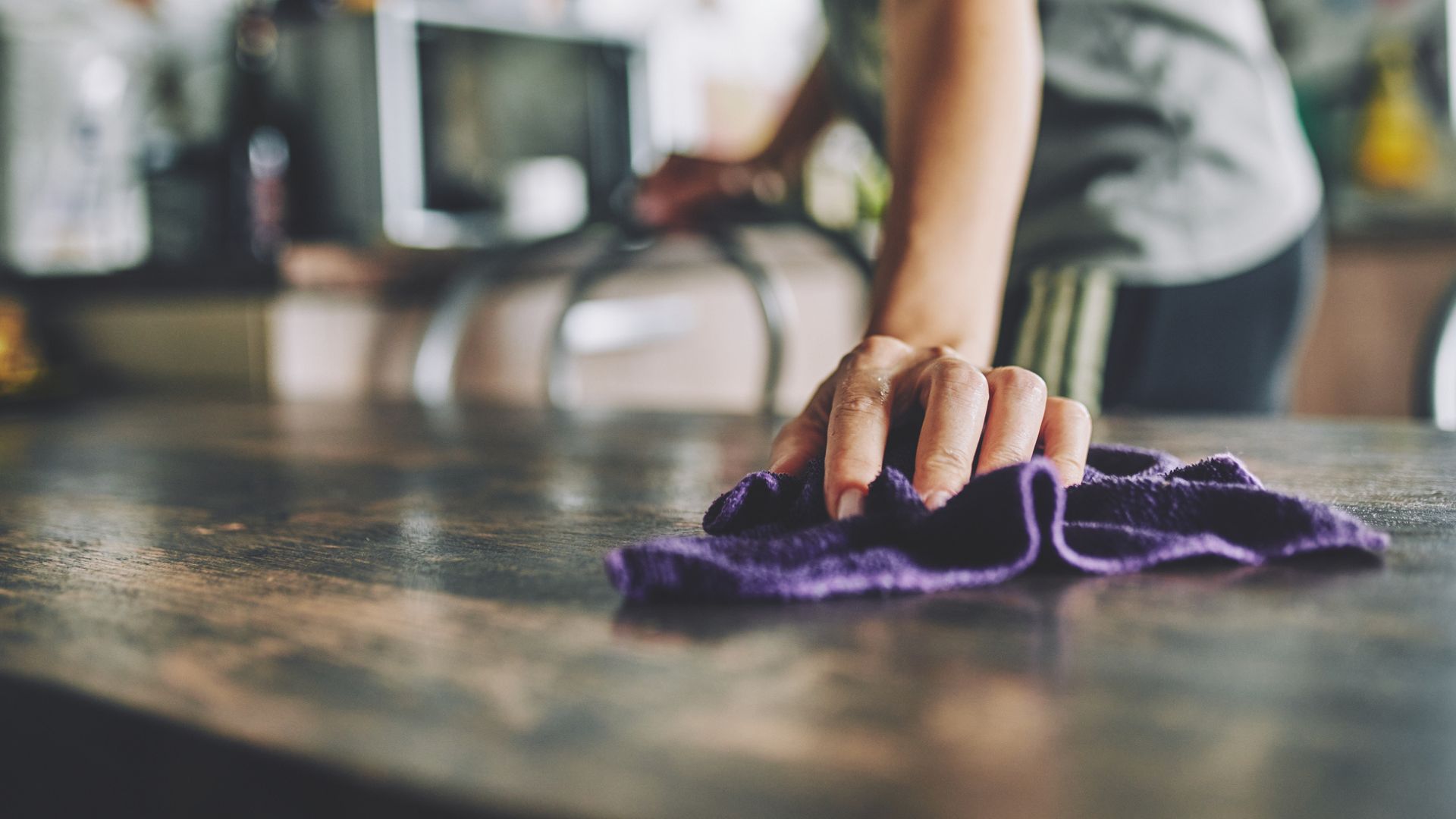
Tidy house, tidy mind, as the saying goes. Well, it's true for keeping a tired mind alert as well. A cluttered environment can make you feel exhausted and unmotivated, so tidy up before trying to tick off your to-do list.
Clear the clutter and take a few minutes to make your space a nice place to work or sit in. That could mean putting on some motivating music, lighting a candle, or opening a window to allow some fresh air in.
Picture your success
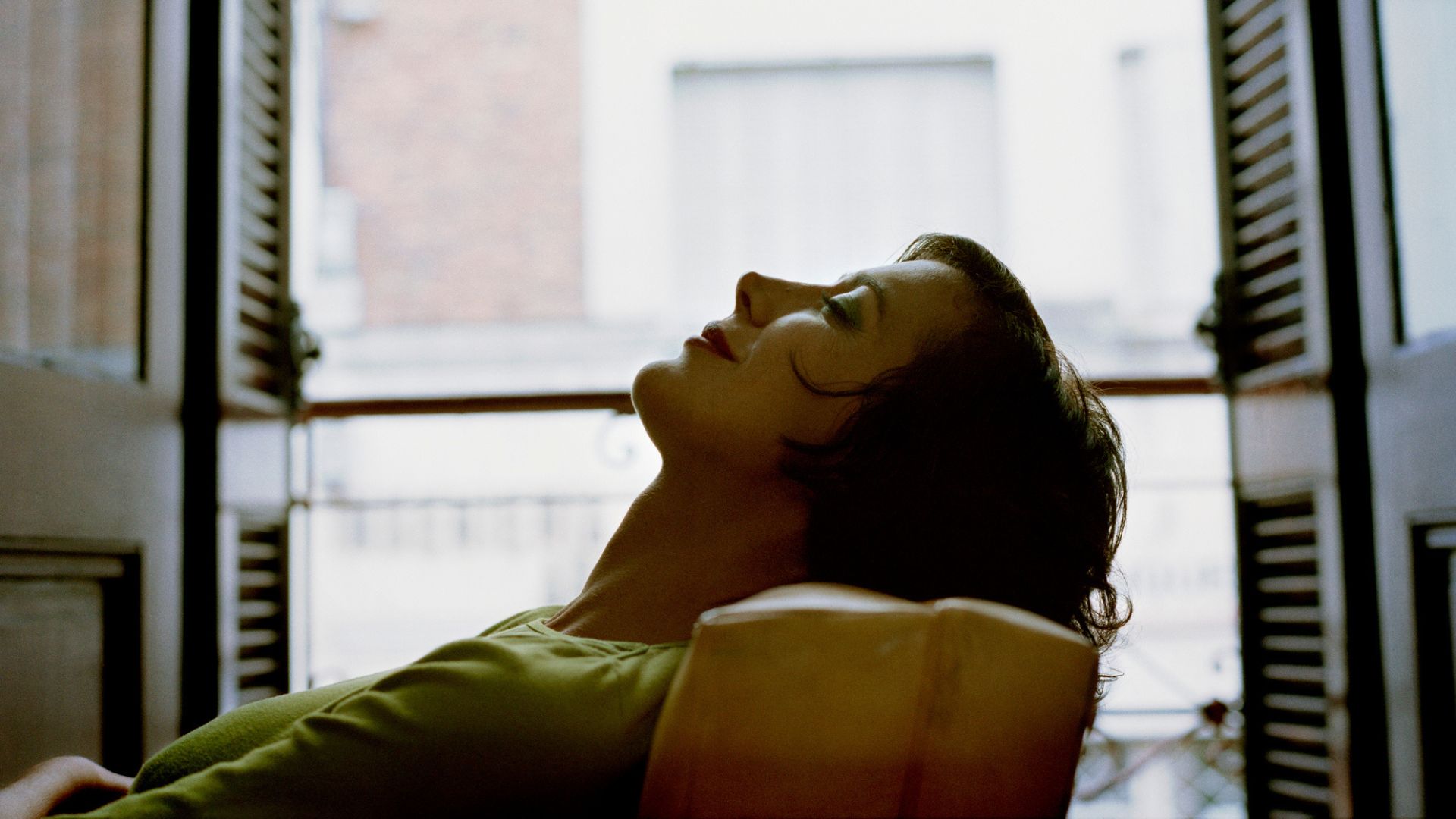
Picturing a seemingly never-ending task can feel exhausting, so it'll be even harder to get started if you're already feeling tired. Instead, picture your to-do list ticked off or the result of completing whatever task you're trying to do.
If it's work, finishing up might mean getting to leaving early - and getting back to bed.
Try the two-minute rule

The two-minute rule states that if you can get something done in two minutes or less, you should do it immediately. Having this no-excuses approach to your to-do list when you're tired can help you be productive and get things done.
In two minutes, you can reply to emails, make a phone call, complete life admin, or tidy up your work space. And in turn, this can make you feel like you've accomplished something, helping you feel less tired and more motivated.
Make a list
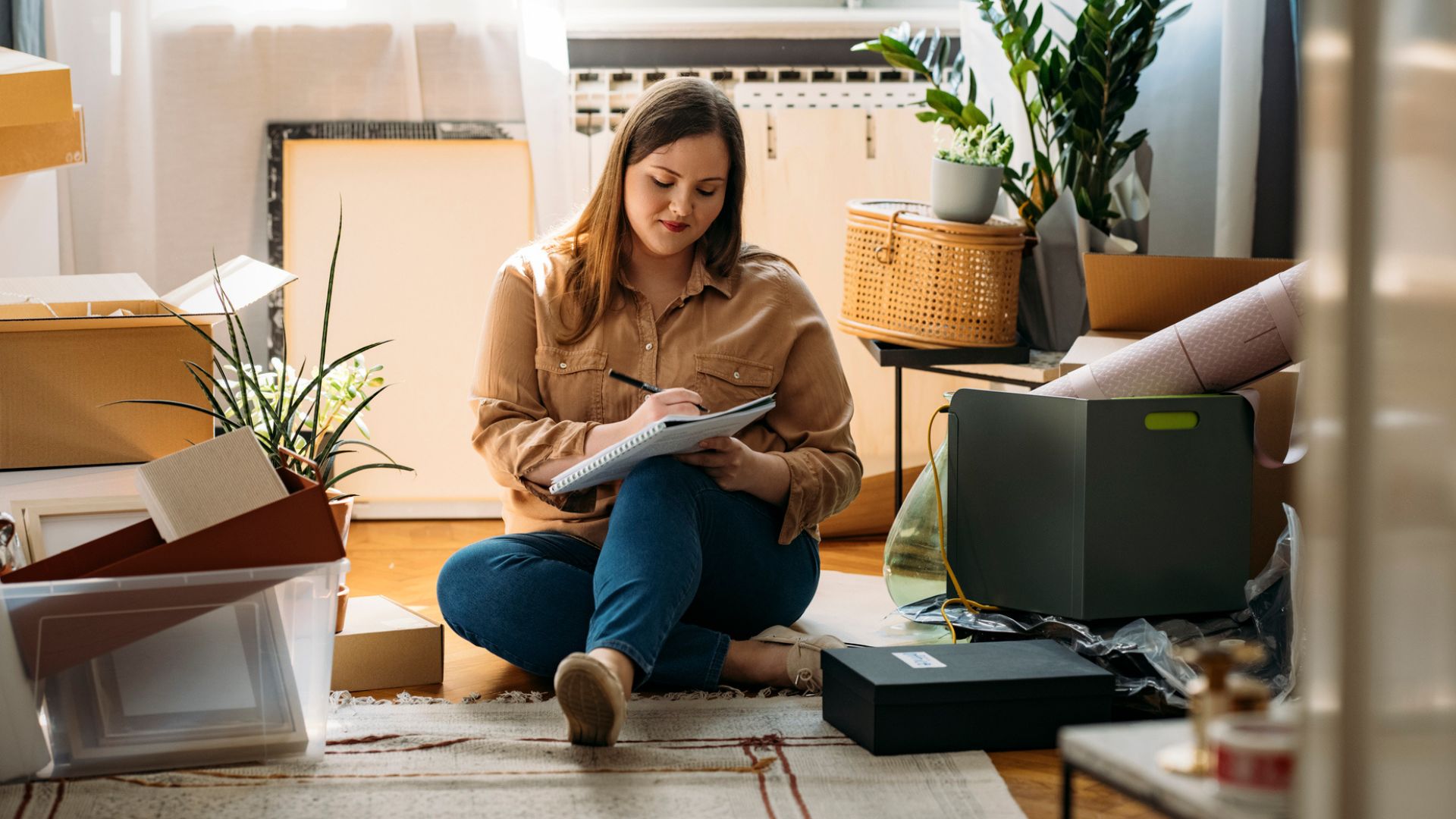
Having your to-do list in front of you, complete with everything you need to get done that day or week, will help you see things more clearly. While it might feel intimidating or unachievable if it stretches a few pages, it's worth having it down on paper to clear your mind. You're also less likely to forget something.
Struggling to stay awake? Fill out your list on colourful paper with bright pens and highlighters to keep your brain focused.
Get into an exercise routine

Even though exercise can be tiring, getting into a good habit of working out regularly will make you feel less tired in the long term. Whether it's an early morning walk every morning or strength training at home on your lunch break, getting into a good practice of working out can give you an energy boost and ward off those feelings of fatigue.
One-off workouts can also help boost your energy levels but if you're tired from not having enough sleep - rather than just feeling lethargic - stick to lighter, lower-impact workouts like yoga and Pilates.
Stop multitasking

Multitasking might seem like a productive way to get a lot of things done at once, but it can actually make you less efficient. In the end, you'll get less done if you try and do everything at once.
Instead, focus on one thing at a time when you're tired. This will improve the quality of your work, you won't forget anything, and you'll get more done.
Stay organised

Staying organised even when you're not tired means you'll have everything to power through when you need to.
Having a messy space or disorganised materials can slow you down and be frustrating when you're feeling fatigued but trying to push on.
Use energising essential oils

Rosemary, lemon, eucalyptus, cedar wood, basil, grapefruit, and pine are all considered 'energising' essential oils. Breathing them in stimulates the limbic system, which controls memory consolidation, emotional regulation, and other important functions.
You can also add these to a bowl of warm water and breathe in the steam or apply the essential oils directly to the skin for the same effect.
Get a group together

If you can, get a group together. Being around others means you have to talk and maintain conversation, which does require work but it also requires concentration that can help keep you awake and productive.
Also, a problem shared is a problem halved so if you can all work on the same project together, you'll get it done faster.
Have a coffee

This one is relatively obvious - but don't just make a strong brew and expect to feel high energy immediately. Caffeine takes about 20 minutes to start working - that's almost half an hour until you might feel awake again.
In this time, make sure you drink plenty of water as caffeine can be dehydrating, making you feel more tired and cancelling out the coffee's benefits.
Swap coffee for green tea

Green tea is a great alternative to coffee for those not too keen on the energy-boosting brew. As well as a moderate amount of caffeine, green tea contains L-theanine, which has been shown to aid relaxation and concentration without the jitters that often come with drinking too much coffee.
Reconsider your workload
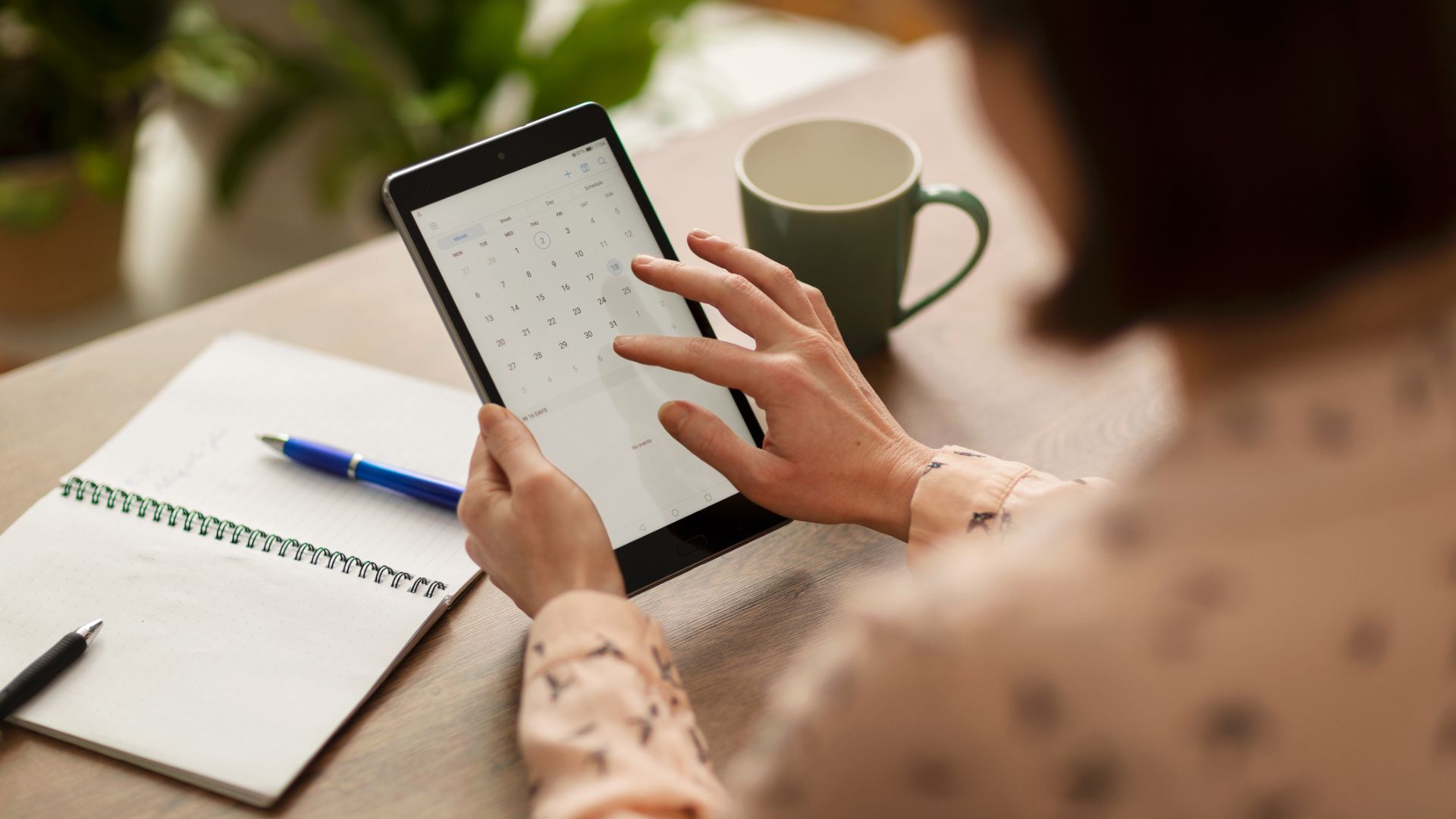
A common cause of tiredness - apart from not getting enough sleep - is taking on too much work and too much responsibility. Having a to-do list packed with activities and admin can make completing anything seem like an arduous task.
So, take a look at your plate and see if anything can go. Maybe you have a dinner in the diary with someone you can see next week instead? Or a social plan you don't really want to go to? Or admin you can delegate to someone else?
Freeing up this time will give you some mental and physical energy back.
Get some fresh air

If you can get out for exercise, just taking in some fresh air every morning can help you wake up and motivate you to start your day productively.
As well as being a change of scenery, breathing in the fresh air helps bring more oxygen to every cell in the body, which has an important role in maintaining mental and physical wellbeing.
Eat a balanced diet

Having a balanced diet is a sure way to ward off tiredness that's not related to how much sleep you get. Protein, fibre, and healthy fats are three groups of nutrients to prioritise as they help keep energy levels stable while you stay full as they are slower to digest.
Staying away from ultra-processed foods will also help with this.
Change your sleep routine
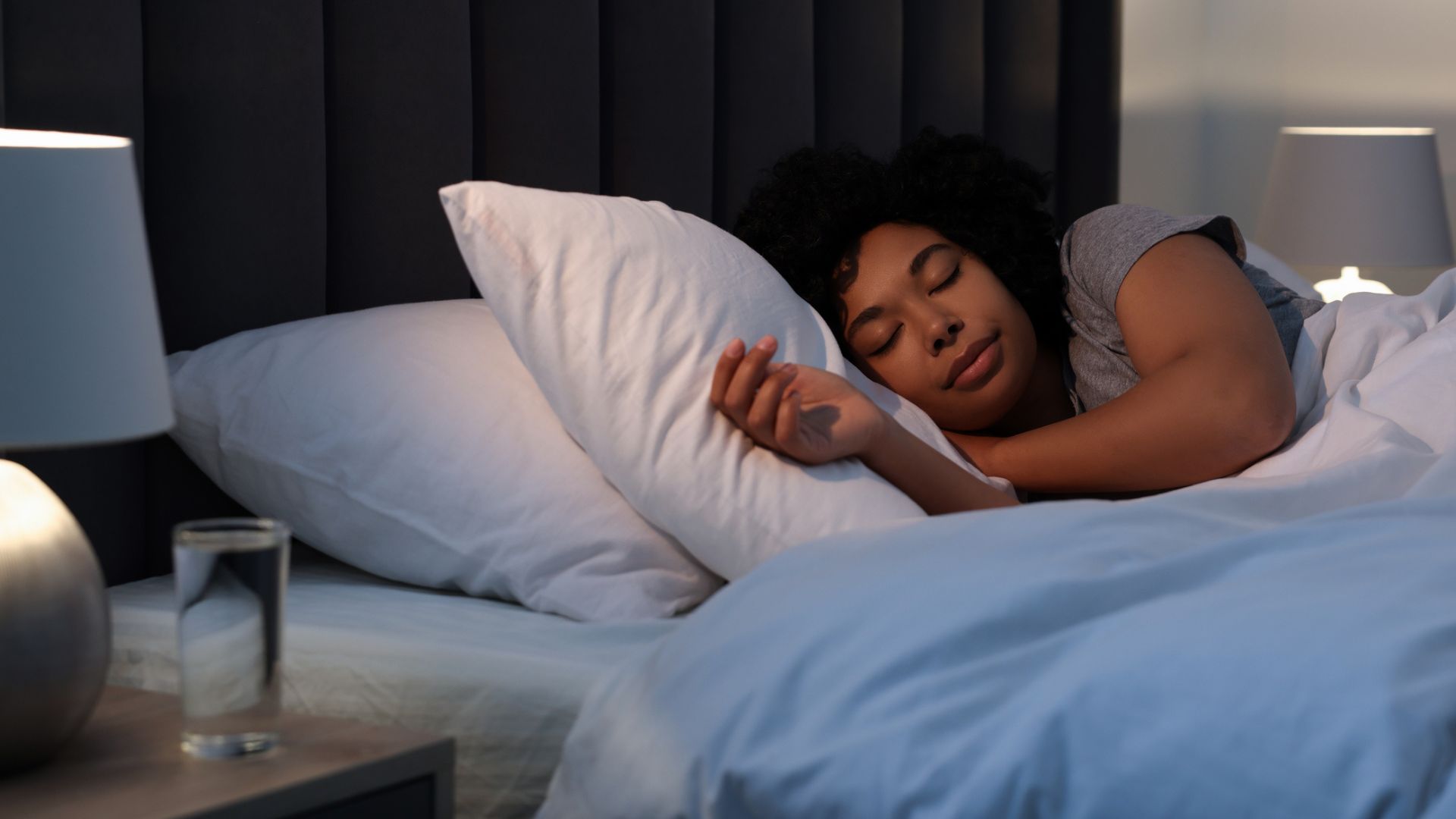
Learning how to sleep better and improving your sleep hygiene can help reduce tiredness as fatigue often comes from bad habits in the bedroom.
Top tips include putting down blue light devices (i.e. your phone) at least one hour before you plan to go to sleep, making sure your curtains or blinds are properly closed, having a comfortable mattress and pillow, and going to bed at the same time every night to develop a good routine.
Accept imperfection

Aiming for perfect when you feel less than best can be exhausting - and very demotivating. When you're tired, aim for 'good enough' and save your best efforts for when you have more energy.
If you're feeling tired at work and you can just tick a few things off your list and do the essentials, that'll be more productive than trying to get everything done.
Get into the sun

While it's far from possible year-round, getting out in the sunshine when you're feeling tired is a great way to naturally boost your energy levels. Put down the suncream and head outdoors for just 10 minutes, keeping your face in the sun.
It'll be a much-appreciated top up on your vitamin D levels and the sunlight can help regulate your circadian rhythm, helping you feel more awake and productive.
Take a nap

If you've not had enough sleep, a nap can help you make up the lost down time. However, it can also disrupt your sleep later on so it's best to nap only when you really have to.
Make sure to limit all distractions so you can get the most from your time and set an alarm for between 20 to 40 minutes of sleep. That way, you're less likely to wake up feeling even more underslept and groggy.

Grace Walsh is woman&home's Health Channel Editor, working across the areas of fitness, nutrition, sleep, mental health, relationships, and sex. She is also a qualified fitness instructor. In 2025, she will be taking on her third marathon in Brighton, completing her first ultra marathon, and qualifying as a certified personal trainer and nutrition coach.
A digital journalist with over seven years experience as a writer and editor for UK publications, Grace has covered (almost) everything in the world of health and wellbeing with bylines in Cosmopolitan, Red, The i Paper, GoodtoKnow, and more.
-
 We're in awe of Sienna Miller's easy-going and 'piece-y' hairstyle and how perfect it is for spring
We're in awe of Sienna Miller's easy-going and 'piece-y' hairstyle and how perfect it is for springThis laid-back hairstyle is - quite literally - making waves this season
By Naomi Jamieson
-
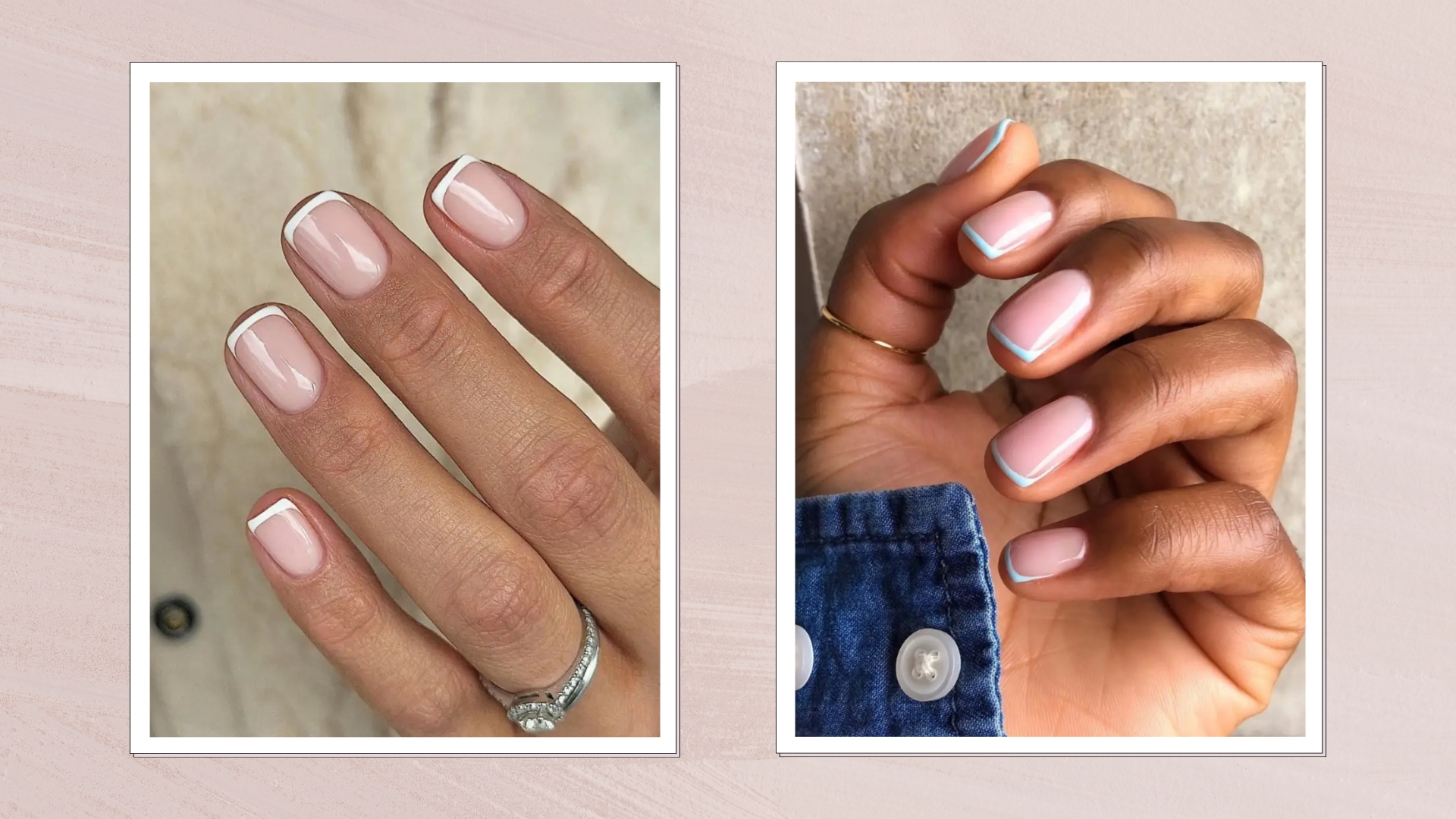 We never thought we'd see this 'dated' manicure make a chic comeback, but here it is - and we're on board
We never thought we'd see this 'dated' manicure make a chic comeback, but here it is - and we're on boardClean and angular, short square French tips are a go-to this season for a practical but stylish manicure...
By Naomi Jamieson
-
 How to create a life-enhancing morning routine
How to create a life-enhancing morning routineOur expert guide to a morning routine that will set you up for the day
By Lauren Hughes
-
 How to be a mental health ally, so you can better support those who are struggling
How to be a mental health ally, so you can better support those who are strugglingBeing a mental health ally is an important role - but here's what you need to know...
By Lauren Clark
-
 32 essential hiking tips for beginners to get onto the trails or into the mountains
32 essential hiking tips for beginners to get onto the trails or into the mountainsIf you're new to hiking, having a list of need-to-knows can make all the difference and help boost your confidence on the trails
By Grace Walsh
-
 32 high-protein foods to keep you full for longer
32 high-protein foods to keep you full for longerWant to fuel your body properly? These naturally high-protein foods will power you through the day...
By Lauren Clark
-
 32 foods for healthy hair growth - from superfood greens to zinc-rich oysters
32 foods for healthy hair growth - from superfood greens to zinc-rich oystersSupercharge your diet with these nutritious foods that will boost hair growth
By Lauren Hughes
-
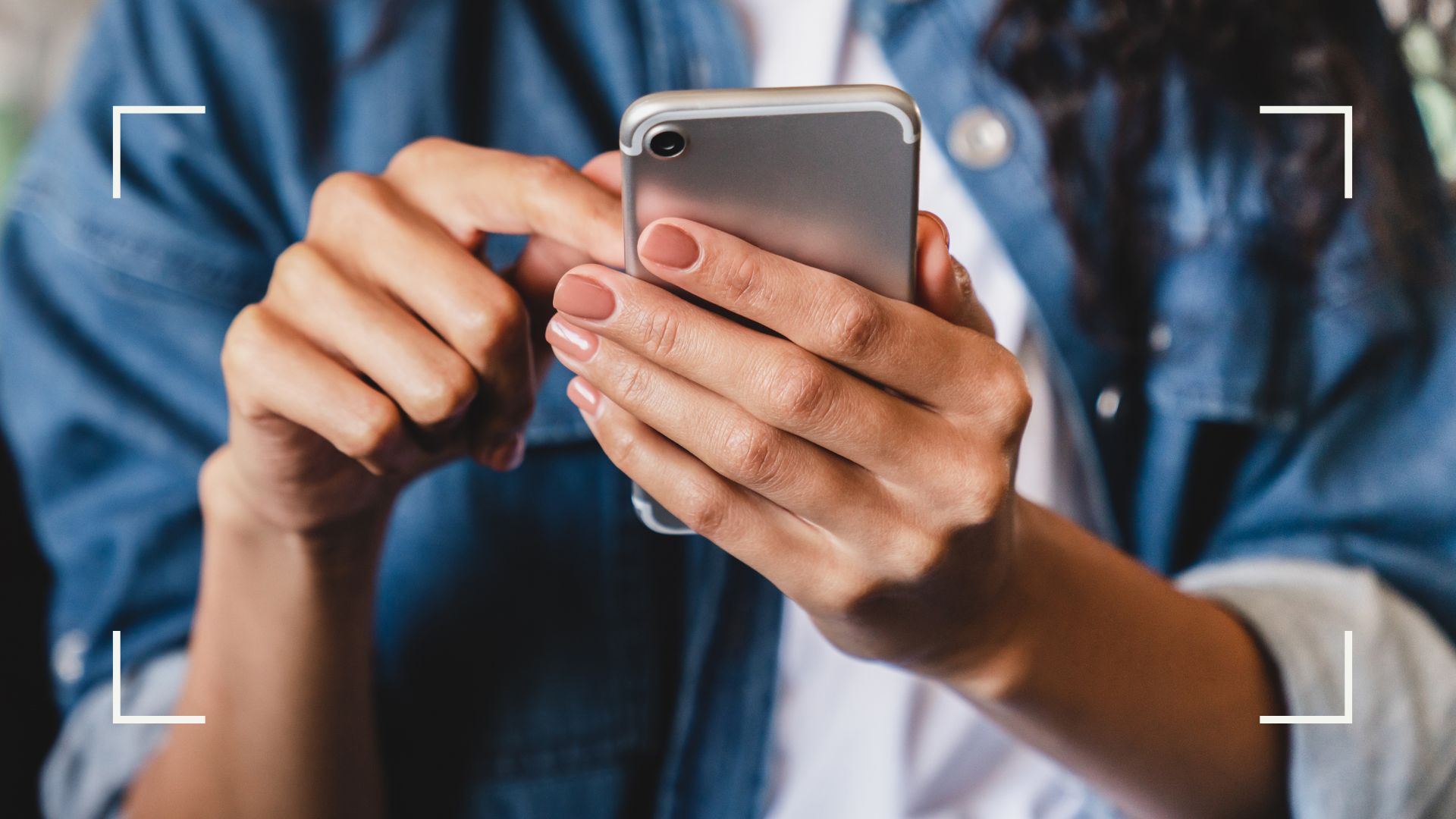 11 no-strings sex apps for those who want casual sex
11 no-strings sex apps for those who want casual sexThese are the best sex apps for commitment-free fun, plus tips from the experts to stay safe
By Emilie Lavinia
-
 How to stop emotional eating for good, so you can build a better relationship with food
How to stop emotional eating for good, so you can build a better relationship with foodLearning how to stop emotional eating will allow you to focus on fuelling yourself up with nourishing meals...
By Lauren Hughes
-
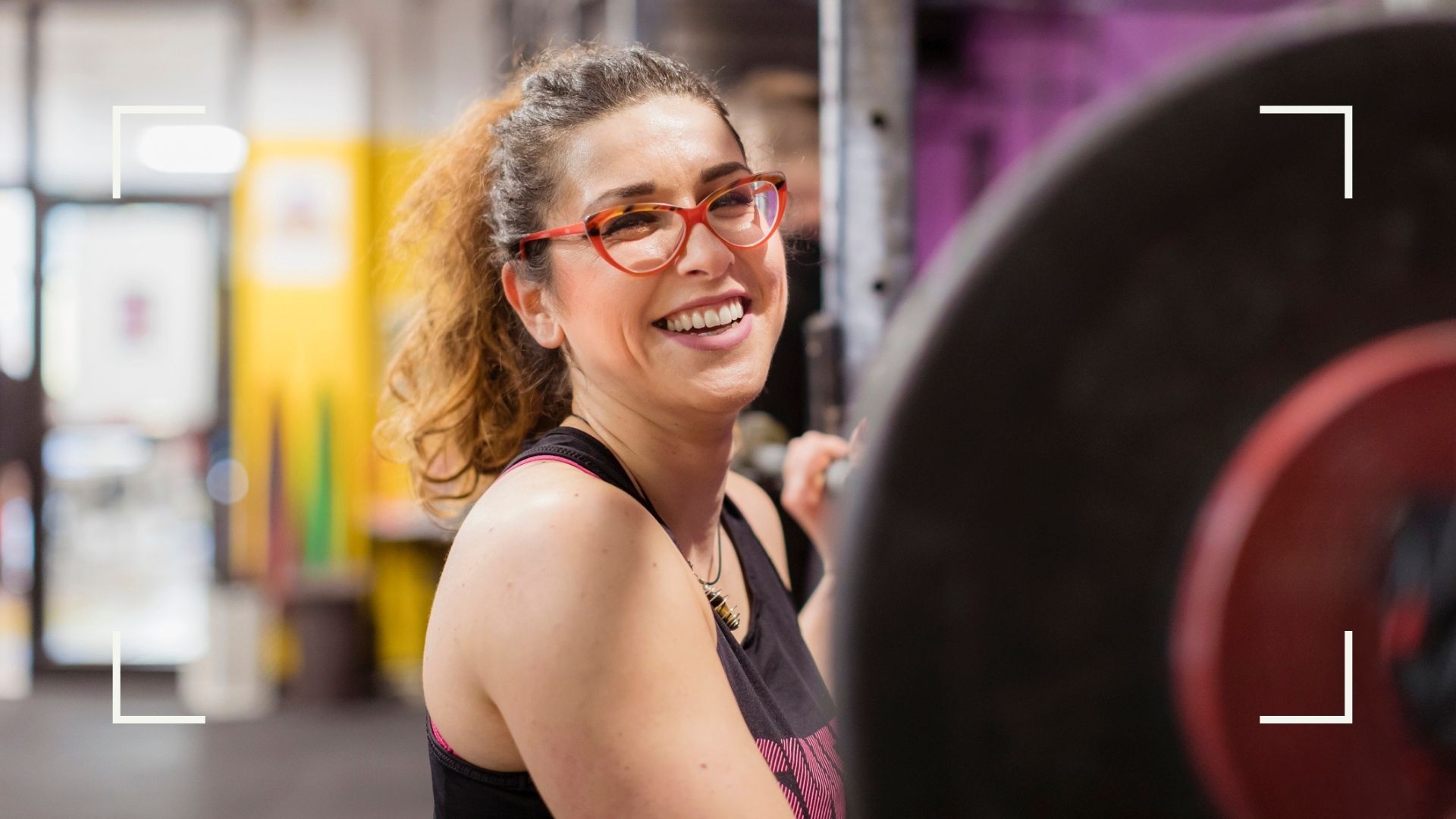 How much exercise per week do I need to do?
How much exercise per week do I need to do?How much exercise per week you need to do depends on a whole variety of factors, from workout routine to sleep schedule
By Grace Walsh
